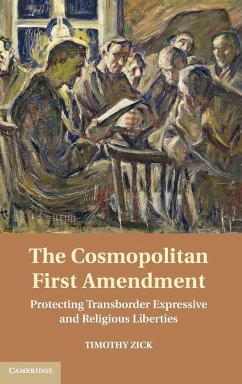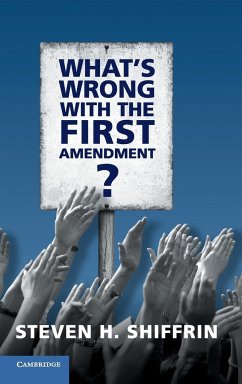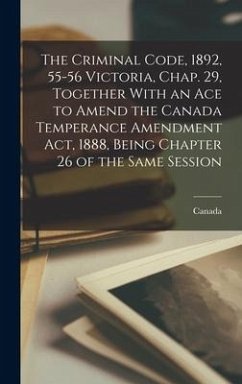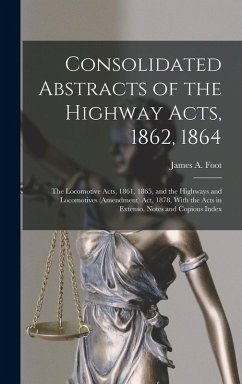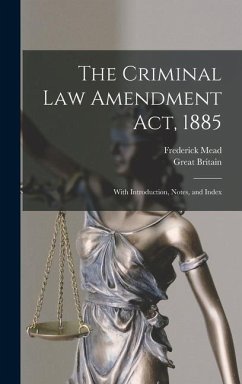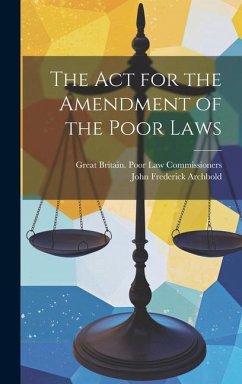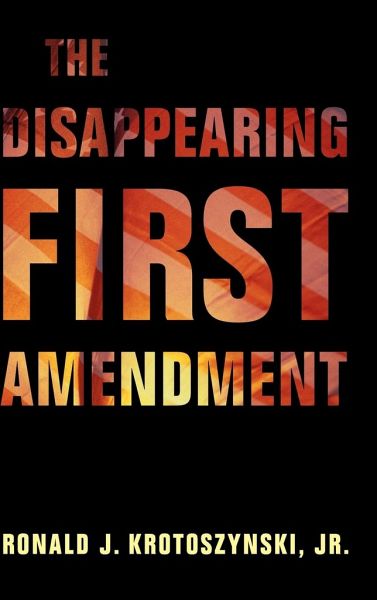
The Disappearing First Amendment
Versandkostenfrei!
Versandfertig in 1-2 Wochen
112,99 €
inkl. MwSt.
Weitere Ausgaben:

PAYBACK Punkte
56 °P sammeln!
Demonstrates how the Supreme Court enforces rules against content and viewpoint discrimination, but has been less reliable in safeguarding First Amendment rights when ordinary citizens need the government's assistance to speak. This book should be read by anyone concerned with free speech and its place in democratic self-government.





